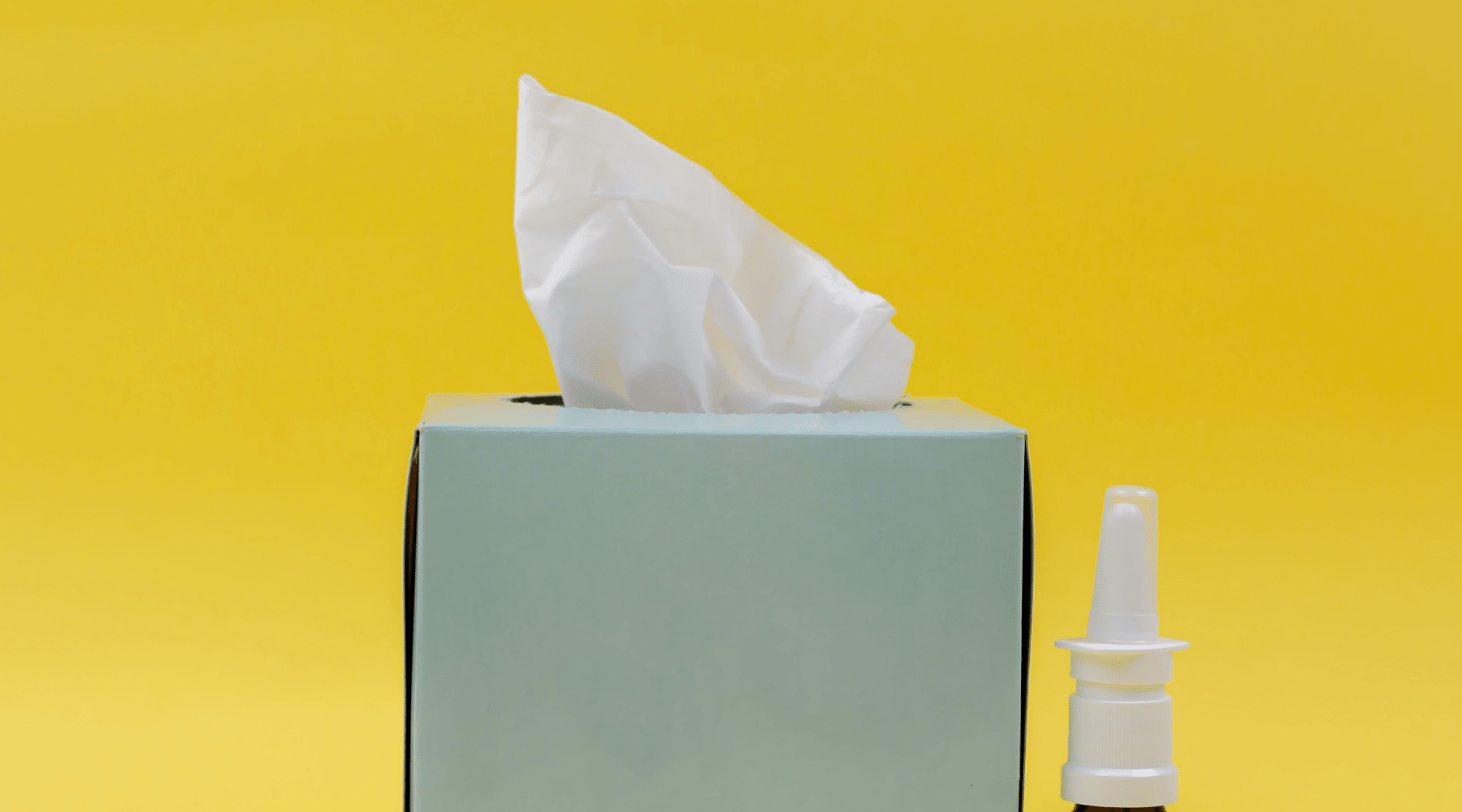Each week, OMRF Vice President of Research Dr. Rod McEver opens “Adam’s Journal” to answer a medical question from Adam Cohen, OMRF’s senior vice president & general counsel and interim president.
Adam’s Journal
The summer cold season seems worse than usual this year. I’ve heard that rates of respiratory syncytial virus (RSV) are particularly bad. Does this have something to do with the pandemic?
Dr. McEver Prescribes
Case numbers indicate this summer is indeed more sniffly than average. And, yes, COVID-19 is at the root of it, though indirectly.
Last year, masks, physical distancing, school closures and remote work drove down the transmission of COVID-19. As fall and winter arrived, rates of influenza, RSV and other cold viruses plummeted, too.
But as we’ve loosened precautions, RSV and other seasonal viruses have pounced on our out-of-practice immune systems.
The leading cause of viral bronchiolitis and pneumonia worldwide, RSV infects more than half of children in their first year of life and nearly 100% by age 2. Although it can strike anyone, it causes more frequent and more severe infections in infants than adults.
RSV’s return is no surprise: This spike was predicted by scientists at Princeton University last winter. The researchers hypothesized that children not previously exposed to RSV would remain vulnerable when we relaxed our pandemic defenses. On top of that, a new group of babies was born in the time since. That means many more young children to pass RSV to siblings and adults, who tend to experience a milder version of it.
While RSV is common, it’s unknown why it differs so dramatically between children and adults both in frequency and severity. At the Oklahoma Medical Research Foundation, scientists are studying the virus to better understand what predisposes infants to severe RSV infection. With that information, our researchers hope to pave the way for better treatments for the virus and better informed vaccine design.
Until then, avoid the summer stuffy nose by doing what we know works: wash your hands and wear a mask. And in the coming months, be sure to get your flu shot, because that’s another seasonal virus poised to make an unwelcome return.



